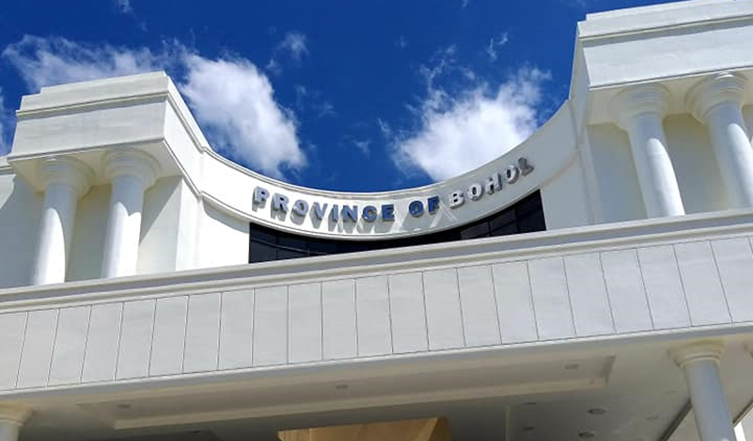NOTE: THIS PRESS RELEASE WAS FIRST PUBLISHED IN THE BOHOL CHRONICLE’S SUNDAY PRINT EDITION.
The Provincial Government of Bohol is leading efforts to raise awareness and prevent Human Immunodeficiency Virus (HIV) transmission with local health experts during this week’s episode of The Capitol Reports.
To address the growing concerns over HIV and AIDS, health officials in Bohol have stressed the importance of education, testing, and the establishment of more treatment hubs throughout the province.
To enhance awareness and accessibility, the Provincial Health Office (PHO) is conducting ongoing seminars in schools, workplaces, and local government units (LGUs). These seminars aim to educate communities about HIV and also offer free test kits, ensuring that more individuals can take the first step toward early detection and treatment.
Dr. Fruserma Mary Uy, the Officer-in-Charge of the Provincial Health Office (PHO), clarified common misconceptions about HIV and AIDS.
Uy explained that being HIV-positive does not automatically mean a person has AIDS. Many individuals with HIV may not show any symptoms. AIDS represents the advanced stage of HIV infection, where symptoms can vary significantly, depending on which organ is affected.
Uy stressed that early detection through testing is vital, as timely intervention can control the virus and prevent its progression to AIDS. She then urged individuals to undergo testing, particularly those at risk, and to change risky behaviors that contribute to the spread of the virus.
Dr. Van Philip Baton, head of the Department of Health Bohol Team, assured the public that effective treatments are available to prevent the progression of HIV to AIDS.
He emphasized that free and confidential testing and treatment can be accessed at the Gov. Celestino Gallares Memorial Medical Center, with costs covered by PhilHealth. Dr. Baton also highlighted Bohol’s impressive treatment retention rate of over 80%, which exceeds the national average of 60-70%. He commended the province’s commitment to providing accessible healthcare.
Baton emphasized the importance of a comprehensive approach to addressing HIV. This approach should combine education, guidance, and a rights-based strategy while involving community members at the grassroots level.
It involves empowering communities and engaging parents and elders to guide the youth, as well as breaking the stigma surrounding HIV.
Panglao, as one of the newest treatment hubs, symbolizes this effort to make services more accessible.
Additionally, he promoted Pre-Exposure Prophylaxis (PrEP) as an effective, free preventive measure.
Maria Alda Ligason, the Chief Medical Technologist and a member of the HIV and AIDS Core Team at Gov. Celestino Gallares Memorial Medical Center announced plans to open additional treatment hubs in Talibon and other northern towns.
“HIV is not just a health issue; it’s a social concern. Infected individuals are not less human because of their status,” Dr. Baton concluded.
Under the Aumentado-Baja administration, health awareness and disease prevention are priorities of the Provincial Government’s Strategic Change Agenda, which aims to empower the public towards resilient communities by creating inclusive health and social services across the province. (PIMO/JFP)

